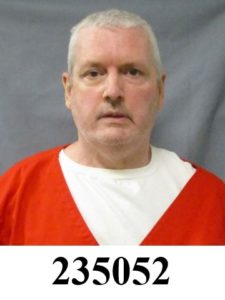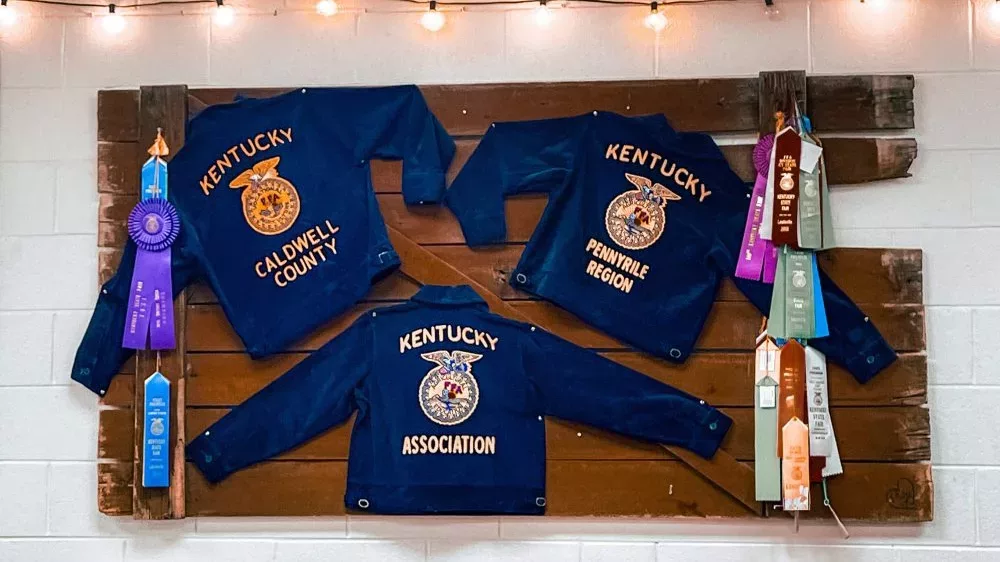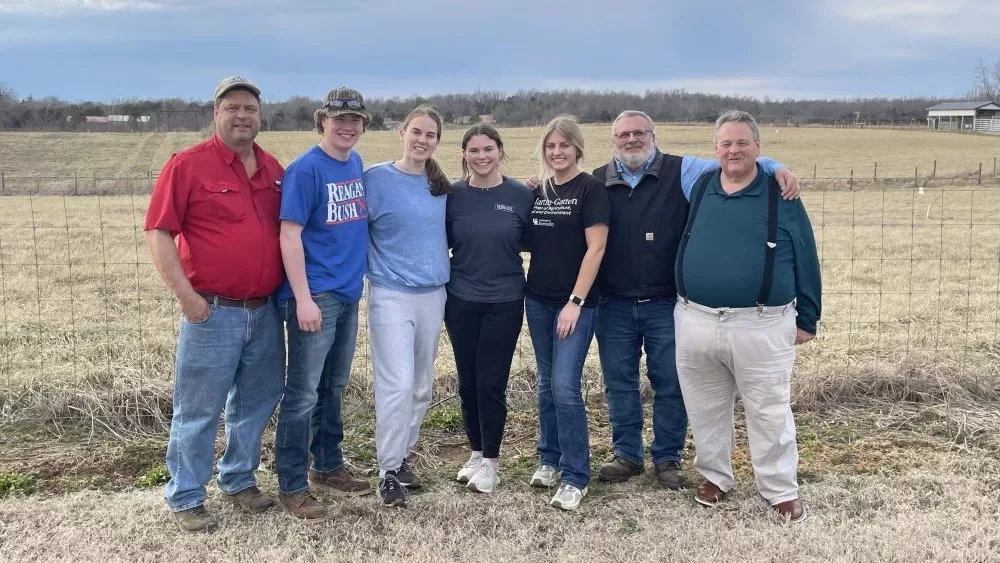The August 15 deadline for all briefs to be filed has come and gone in the ongoing litigation and defense of Kevin Wayne Dunlap — a former Hopkinsville resident sitting on death row at the Kentucky State Penitentiary following the October 15, 2008 Roaring Springs murders of Kayla Williams, Kortney Frensley and Ethan Frensley.
 The deadline was set by 56th Circuit Judge Jamus Redd last month, following Dunlap’s request for an evidentiary hearing to levy four very specific claims:
The deadline was set by 56th Circuit Judge Jamus Redd last month, following Dunlap’s request for an evidentiary hearing to levy four very specific claims:
— One was that Dunlap received ineffective assistance of counsel, for failing to thoroughly investigate and present mitigation evidence.
— Another alleged juror misconduct and ineffective assistance of counsel in the jury voir dire.
— A third was that Dunlap was denied the right to an unbiased capital sentencing jury and reliable sentencing.
— And a fourth said the trial counsel rendered ineffective assistance, for failing to fully investigate and advise Dunlap of a viable defense of voluntary intoxication coupled with a brain defect which would negate an element required to prove intentional murder.
While it was recently revealed that defense attorneys Dennis J. Burke and Margaret O’Donnell filed new motions related to these concerns on April 18 of this year, an earlier rendition of Dunlap’s defense team actually filed these — and five other claims — in Livingston County Circuit Court on September 15, 2015.
On August 30, 2016, David Abner, an assistant attorney general under Andy Beshear, filed an 87-page rebuttal asking the Court to “deny” Dunlap’s motion, disallow Dunlap to “withdraw his plea and forward to trial,” and “vacate his sentence of death,” and to deny “all the claims Dunlap raises on the face of the record.”
A telephonic conference was held November 14, 2016 between defense attorneys Euva Blanford and Katherine Blair with Abner, in which former 56th Circuit Judge C.A. “Woody” Woodall III noted that his Livingston County Court had “not had the opportunity to address the pending matter, because to do so [would] take a substantial amount of time.”
In a February 8, 2017 letter written and signed by Dunlap and addressed to Woodall, says, among many things, he did not feel that his “wishes have been completely understood” in regards to his claims, and because of that, he did not feel that his wishes would not be reasonably “complied with.”
Dunlap called his attorneys “upstanding and highly competent in every way,” and later closed by saying that if Woodall wouldn’t consider granting a new trial, then to simply “grant nothing.”
On October 7, 2021, Woodall and the Court granted the Commonwealth’s motion to remove Dunlap’s case from abeyance.
On December 17, 2021, the Court entered a scheduling order, which identified amended motions from Dunlap and showed the Commonwealth allowed Dunlap a 90-day period to file a reply to its office. A second extension for this reply was granted on April 22.
In that April 18 reply from Burke and O’Donnell, a conclusion states that Dunlap’s original trial counsel in 2010 had access to his medical records, which indicated the medications he’d been prescribed alongside a longstanding history of alcohol abuse.
Pretrial statements from mother and survivor Kristy Frensley specifically refer to Dunlap’s drinking “prior to, and during the commission of” his charged crimes — and DNA testing confirmed his imbibing of Crown Royal on the Frensley property.
“Had trial counsel pursued voluntary intoxication as a defense,” his defense attorneys wrote, “Kevin would not have pled guilty to a capital offense.”
Burke and O’Donnell also noted that medications, alcohol and a pre-existing “frontal lobe dysfunction,” should have prompted defense counsel to consult with a psychiatrist — who would have testified to “heightened effects.”
This, Burke and O’Donnell wrote, “would likely have resonated with Kevin’s jury, and prompted at least one juror to vote for life.”
In the same motion, Burke and O’Donnell said “the evidence of Dunlap’s guilt was overwhelming. He pled guilty because it was the right thing to do. This left counsel with only the option of presenting a telling story to save his life. This story existed, but was never pursued.”
On June 28, Assistant Attorney General under Daniel Cameron, Christopher Henry, filed a 36-page rebuttal — issuing that a “hearing is simply unwarranted under the precedent of the Kentucky Supreme Court, and the Supreme Court of the U.S.”
Dunlap is serving six death penalties, three life sentences and 55 years for the 2008 rape and murders.
Judge Redd is now tasked with reviewing more than 400 pages of Dunlap’s file, case law, constitutional law and more before levying a decision on whether this evidentiary hearing takes place.
That decision will likely not come soon.



